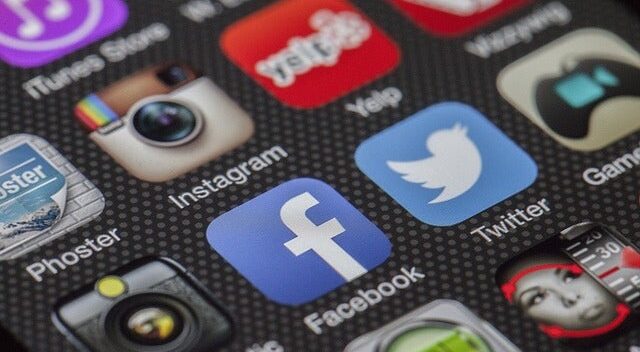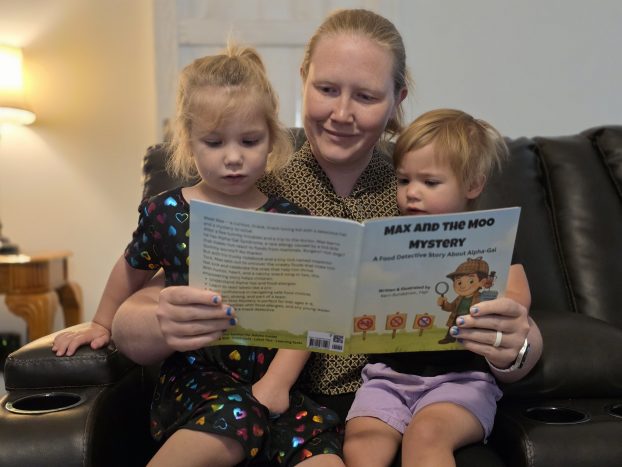Would turning off student cell phones help Prince Edward schools?
Published 12:01 am Saturday, May 18, 2024
|
Getting your Trinity Audio player ready...
|
Susan Kimbrough would like the Prince Edward County School Board to consider something different, when it comes to dealing with student cell phones next year. The board member wants to take phones away, in order to help them focus.
“I highly think that is something this board should take a look at in the upcoming year,” Kimbrough said during the group’s Wednesday, May 8 meeting. “I’m gonna push that we take a look at that and see if that is something we can put into a budget and talk about.”
Kimbrough said she also wanted to meet with teachers, principals and the community, to find out if this is doable in Prince Edward. She’s read about other school districts where kids have their phones taken away once they arrive on campus and get them returned at the end of the school day.
Trending
She argued for the positive impact such a decision could have, citing a news article.
“One of the interesting things I read, one of the children had anxiety and needed their phone to help with that,” Kimbrough said. “They let him go to the office on occasion, to do what he needed to do. But at the end of six weeks, he didn’t need it anymore.”
Studies on student cell phones
Looking around the nation, there are a number of studies that support the argument. In Manchester, Connecticut, students at Illing Middle School are required to lock phones in a pouch until the end of the day. The principal reported that children started engaging more in class, with scores going up.
A similar report done by The Guardian newspaper found a unique approach by the Buxton school district in Massachusetts. The district gave everyone a ‘Light Phone’, that is an iPhone with extremely limited functionality. It can still make calls, but only text slowly, not quick enough to engage in conversation. Also these ‘Light Phones’ can’t load modern phone apps. The decision, much like the one in Connecticut, showed by taking away the phones or limiting what can be accessed, students were more focused in the classroom. It also improved academics, reduced bullying and reduced students’ need for counseling, as the kids were no longer competing with each other on a minute by minute basis for likes and shares on social. For that period of time, they had to unplug.
As it stands in Prince Edward County, students in the middle and high school bring their phones on a regular basis, refusing to give them up to teachers when asked. Some parents are also not supportive, when contacted about taking phones away from students. Instead, some students keep their phones, using them to disrupt class or taking them when on a bathroom break to post things to social media once outside of class.
Mark Warner’s solution
Kimbrough’s idea goes hand in hand with a new bill filed by Sen. Mark Warner. The Kids Off Social Media Act would set a minimum age of 13 to use social media platforms and prevent social media companies from feeding algorithmically-targeted content to users under the age of 17.
Trending
Studies have shown a strong relationship between social media use and poor mental health, especially among children. From 2019 to 2021, overall screen use among teens and tweens (ages 8 to 12) increased by 17%, with tweens using screens for five hours and 33 minutes per day and teens using screens for eight hours and 39 minutes.
Based on the clear and growing evidence, the U.S. Surgeon General issued an advisory last year, calling for new policies to set and enforce age minimums and highlighting the importance of limiting the use of features, like algorithms, that attempt to maximize time, attention, and engagement.






